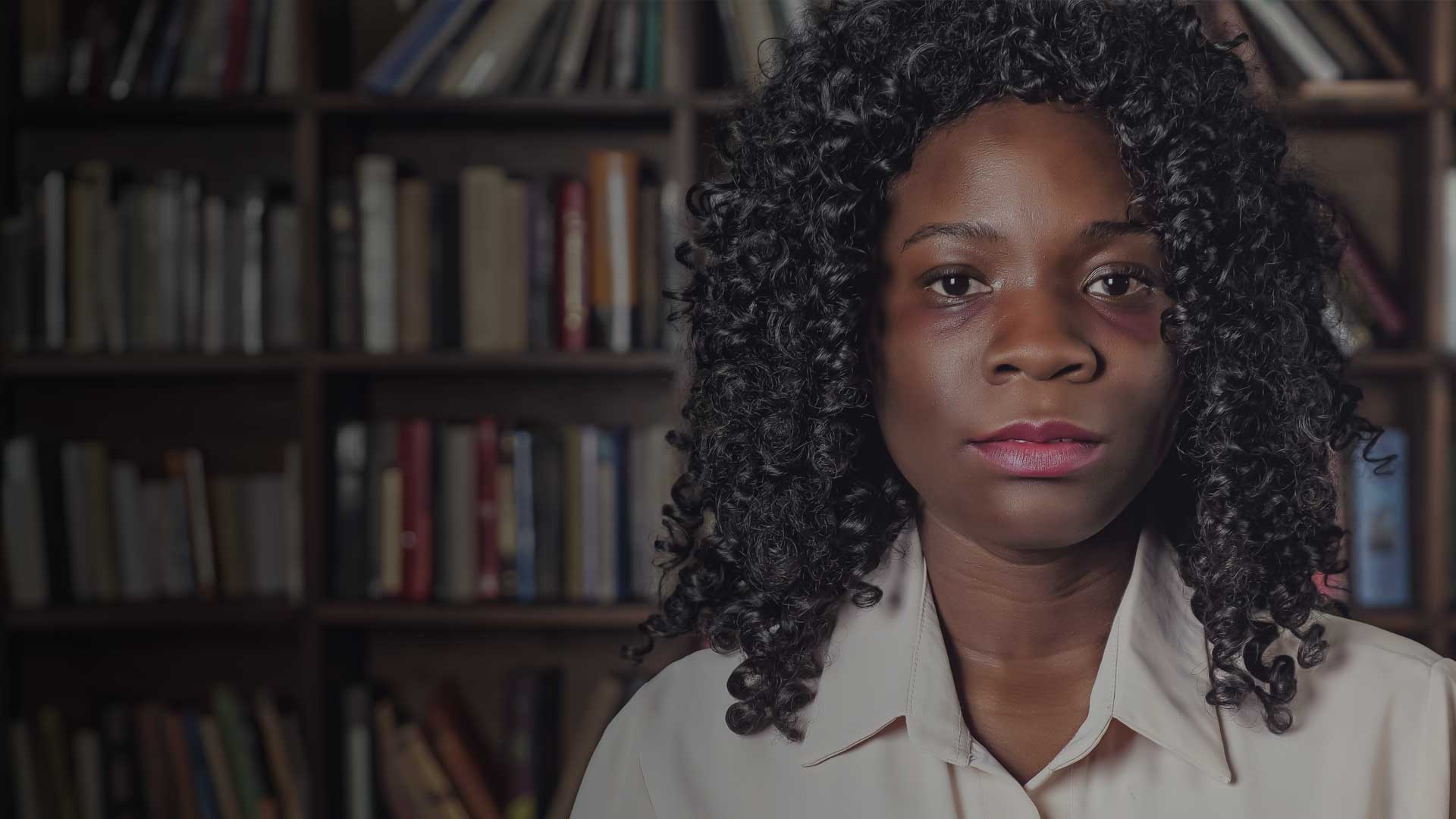U Visa for Victims of Crime Assisting Law Enforcement
The U nonimmigrant status (U visa) is a status specifically for victims of certain crimes who have suffered mental or physical abuse and are helpful to law enforcement or government officials in the investigation or prosecution of criminal activity.
Understanding Eligibility
Habich Law carefully evaluates your eligibility for a U Visa, ensuring that you meet all criteria and have the necessary law enforcement certification.
Compassionate Support
Habich Law compassionate approach ensures that you feel supported throughout the process, recognizing the trauma you may have experienced.
Detailed Application Preparation
We meticulously prepare your U Visa application, ensuring that all forms and supporting documents are complete and compelling.
Congress created the U nonimmigrant visa to better to strengthen the ability of law enforcement agencies to investigate and prosecute cases of domestic violence, sexual assault, trafficking of noncitizens and other crimes, while also protecting and better serving victims of crimes who have suffered substantial mental or physical abuse due to the crime, and are willing to help law enforcement authorities in the investigation or prosecution of the criminal activity.
You may be eligible for a U nonimmigrant visa if:
- You are the victim of qualifying criminal activity.
- You have suffered substantial physical or mental abuse because of having been a victim of criminal activity.
- You have information about the criminal activity. If you are under the age of 16 or unable to provide information due to a disability, a parent, guardian, or next friend may possess the information about the crime on your behalf
- You were helpful, are helpful, or are likely to be helpful to law enforcement in the investigation or prosecution of the crime. If you are under the age of 16 or unable to provide information due to a disability, a parent, guardian, or next friend may assist law enforcement on your behalf.
- The crime occurred in the United States or violated U.S. laws.
- You are admissible to the United States. If you are not admissible, you may apply for a waiver on a Form I-192, Application for Advance Permission to Enter as a Nonimmigrant.
Unfortunately, there is a limit of 10,000 U visas each year. This arbitrary limit has caused an extremely long backlog greater than five years before USCIS can issue individuals U Visa Status.
However, even though the cap is usually reached every year, in June 2021 USCIS implemented a “bona fide determination process”. This process allows for an initial review of the U visa petition, and if the principal petitioner receives a bona fide determination and merits a favorable exercise of discretion, USCIS will issue them and their derivative family members living in the United States employment authorization and deferred action while they wait for final adjudication of their petition under the annual statutory cap.
If the principal applicant is under 21 years old the following relatives may qualify: principal’s spouse, children, unmarried siblings under 18 years (on filing date of principal’s petition), and parents. If the principal applicant is over 21 years old, only the principal’s spouse and children may be included.
USCIS usually grants the U visa status for four years. Thereafter, individuals may be eligible to apply for a green card (adjustment of status/permanent residence) if they meet the following requirements:
- You have been physically present in the United States for a continuous period of at least three years while in U nonimmigrant status, and
- You have not unreasonably refused to provide assistance to law enforcement since you received your U visa.

